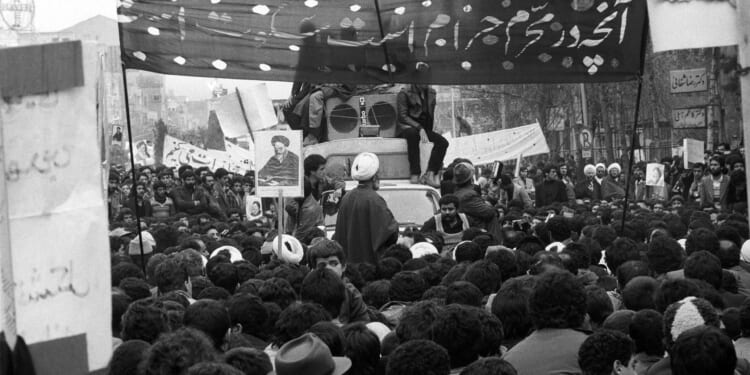King of Kings: The Iranian Revolution: A Story of Hubris, Delusion and Catastrophic Miscalculation
By Scott Anderson
Doubleday, 512 pages, $35.00
Scott Anderson’s latest work arrives at a moment when the American foreign policy establishment continues to grapple with the consequences of decades of interventionist miscalculations in the Middle East. In King of Kings, Anderson delivers a masterful dissection of perhaps the most consequential strategic blunder of the late 20th century—the Iranian Revolution of 1979 and the spectacular failure of American intelligence and diplomacy that preceded it.
Anderson, whose previous work on T.E. Lawrence demonstrated his ability to weave complex geopolitical narratives with literary flair, brings the same narrative sophistication to this tale of hubris and miscalculation. The book reads like a political thriller, yet every page is grounded in meticulous research and sharp analytical insight.
The central thesis—that the Iranian Revolution represents a template for the kind of religious-populist upheavals that would later sweep across the globe—feels particularly prescient in our current moment. Anderson’s argument that the revolution was “as world-shattering an event as the French and Russian revolutions” may strike some readers as hyperbolic, but his evidence is compelling. From the rise of political Islam across the Middle East to the populist rebellions against secular elites in Europe and America, the Iranian model has indeed proven remarkably durable and exportable.
What makes this book particularly valuable is Anderson’s unflinching examination of American culpability. The shah’s regime, propped up by billions in military aid and sustained by one of the CIA’s largest overseas stations, collapsed with stunning rapidity precisely because Washington had become so invested in maintaining the illusion of stability that it lost sight of the underlying reality.
Anderson’s portrayal of American diplomats and intelligence officers living in a bubble of their own making will resonate with anyone who has followed subsequent American adventures in Iraq, Afghanistan, or Libya.
The book’s greatest strength lies in its balanced treatment of all the key players. Anderson neither demonizes the shah nor romanticizes Khomeini. Instead, he presents both as products of their circumstances—one a modernizing autocrat fatally disconnected from his people’s grievances, the other a shrewd revolutionary who understood how to channel popular rage into political transformation. The American officials emerge as neither villains nor heroes, but as professionals trapped by institutional blindness and the momentum of their own policy commitments.
Anderson’s narrative style occasionally threatens to overwhelm the analytical content. His mordant wit and narrative brio—qualities that served him well in Lawrence in Arabia—sometimes feel forced when applied to the grim realities of political repression and revolutionary violence. But this is a minor quibble with what is otherwise a remarkably engaging work of popular history.
Subscribe Today
Get daily emails in your inbox
The book’s contemporary relevance cannot be overstated. As Washington continues to navigate complex relationships with authoritarian allies across the Middle East and beyond, Anderson’s account serves as a sobering reminder of how quickly seemingly stable arrangements can unravel. The warning implicit in King of Kings is clear: American policymakers ignore popular grievances and social dynamics at their own peril.
For readers seeking to understand not just the Iranian Revolution but the broader patterns of American foreign policy failure, Anderson’s book is essential reading. It stands as both a gripping historical narrative and a cautionary tale about the dangers of imperial overconfidence. In an era when American global leadership faces challenges from multiple directions, King of Kings offers valuable lessons about the limits of power and the importance of understanding the societies we seek to influence.
The Iranian Revolution of 1979 marked the beginning of the end of the American Century in the Middle East. Anderson has given us the definitive account of how it happened—and why it continues to matter.












